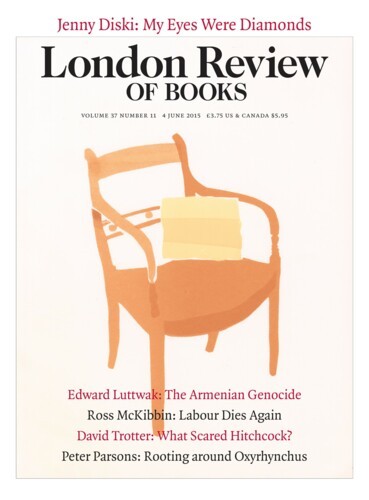lost/lust
Stumbling under the kapok tree,
fevering between its cathedral buttresses,
I am loster than lost in a place
where every known sound has its counterpart:
tap dripping into a metal bucket,
fluorescent tube about to blow,
the flicking of switches, the tuning of radios,
a tent unzipped – the jungle crawls with spies –
and I’m looking for the kind of nest you can find
if you peel back the bark, only it’s the nest itself
you’re tearing down: a wall, a nursery chamber –
you can’t move here without a massacre.
At night I’d know it by the points of bluegreen light,
the larvae glittering in the psychedelic dark,
but by day I need a guide to tell me
this sort good to eat, this one not –
if only I’d been paying attention, not
distracted by the circus of high jinks overhead,
the thought that nothing would induce me –
still it’s not for food I want these scurrying thing
but for the droplet of liquid inside each one,
because the river-scent I thought I caught this morning
has been atomised by heat
and I know there’s a birdcall I should follow to find it again –
but is it the hoatzin, with its smoker’s cough,
or the tinamou, wet finger round the rim of a glass?
I’ve sweated out that wisdom and now I only
shiver and burn to wreck the nest, to put my dry mouth
to the broken place, taste panic and allspice.
Tourism
I saw the toppled dictator laid out in the park.
I saw apartment blocks where petunias
trailed over bullet holes in the concrete.
I knew of course to stay away from dogs
but was surprised that in the cafés
it was a crime to speak the wrong language
though in the streets they were more tolerant:
a man with a long beard recited
some guttural verses, and someone threw a coin.
There was a Museum of Griefs
with the usual rusting paraphernalia.
They gave you a lantern and sent you into the castle
to view the obscenities
of wealth and the oubliettes. You could walk it off on a beach of grit and sleet,
but the ruined watchtowers were out of bounds.
They were drawing up a guidebook,
and the tour would end on the medieval bridge
(which would be strung with coloured lights by then)
and they would re-open the restaurants,
and teach the waiters to smile,
and at night the lights would shine on the river,
and it would look a bit like the Seine,
or the Danube, or the Arno,
or the river that runs through Prague, whatever it’s called.
Send Letters To:
The Editor
London Review of Books,
28 Little Russell Street
London, WC1A 2HN
letters@lrb.co.uk
Please include name, address, and a telephone number.

